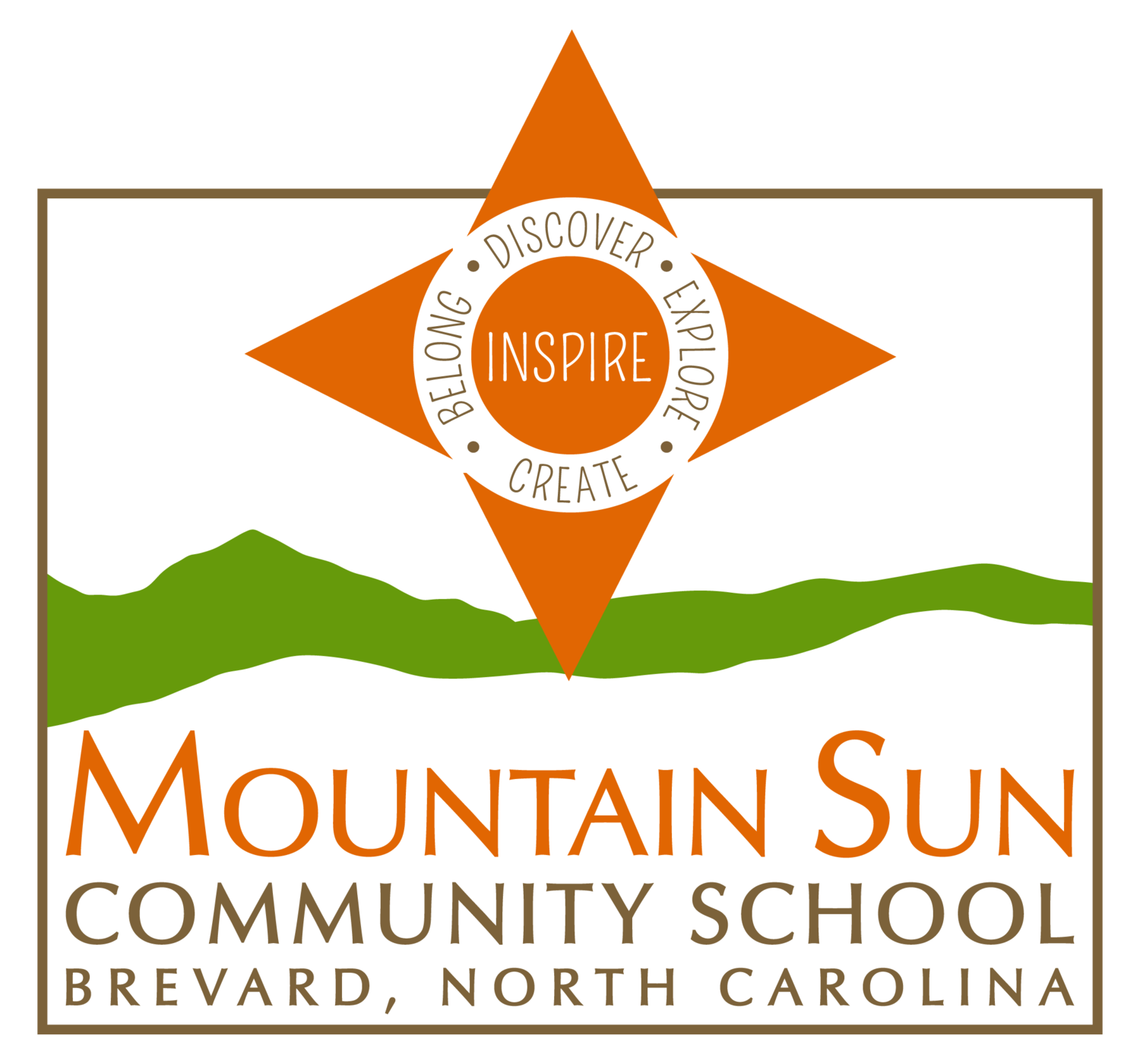Finding Connections
If you have ever asked yourself (or your high school math teacher), “When am I ever going to use calculus?” then you will appreciate this. If you ever had to memorize the names of Columbus’ boats or the steps of the scientific method, and have privately thought, “So what?” then you already get my point. Learning is most meaningful, most relevant, when we are able to see how it connects to the rest of the world.
Education does not happen in a vacuum; our world is too beautifully complicated for that. Instead of simply committing the chemical equation for photosynthesis to memory, for instance, doesn’t it seem more important to understand how this miraculous process is fundamental to most all other life on earth? And sure, it’d be nice to be able to figure out how many watermelons Janice would have if she had three times as many as Jamal, but half as many as Greg, given that Jamal had seven. But wouldn’t it be significantly more interesting to learn about multiplication of fractions through the science of genetic back crossing - the very method that was necessary to give us the triumph of the seedless watermelon? Plus, why does Janice need 21 stinking watermelons?
Our world, our lives, our minds -- they’re all connected. So why don’t we learn this way too? I often see, both philosophically, and literally, the disciplines of education being split and isolated in their own worlds. History is relegated to the history class. Science stays in its lab. You learn what you need to learn within the context of that time and place. But so very often that’s where it stays. I remember learning to determine the gender of fruit flies in high school. Unfortunately, I don’t remember how, or, more importantly, why we were even trying.
When a skill is liberated from its isolated chamber, though, something interesting happens; the things you learn begin to take on new meaning. The Civil War, left in a textbook is sad, but at least it’s in the past, right? But what happens if you look at the Civil War in the context of modern day? Bring in some current events. Statues of Robert E. Lee are contemporary points of contention. Should patriots of the Republic of Texas want to break off and form their own country, could they? How do fractures created during the 150-year-old war have an effect on the African-American experience today?
I love helping my students to find these connections. Yes, grasping the fundamentals of photosynthesis is important. That is, after all, why trees are so tall; they are fighting for the most sunlight (Science). And studying the varying height of those trees (Math) can help us determine the age of our forests, and thereby how they were harvested and used by early settlers (History). Moreover, we can trace the line of that industry, and we can determine how it impacted people of the time and even how it influences the eco-tourism of today (Economics). The connections are not always on the surface, but I take pride in helping my students seek out relevance: ratios and the Electoral College; the decreasing number of Monarch butterflies and the science of a battery powered car; 19th century immigration and knowing that the chicken you buy at the grocery store is safe to eat. I promise the connections are there, though you many find different ones that I do.
I challenge you to listen to a child’s interests, her hobbies, her weird little obsessions. These may seem trivial (and, sometimes they are). But more often than not, if you can find the connections, the entire world can be your teacher.
Written by Daniel Sprinkle


